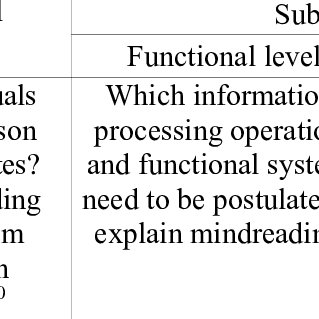I was recently speaking to a mid-level manager about why his CEO was approving the coffee supply order for the break room. The manager explained that the CEO is very particular about the Keurig selection. As a coffee lover, I can appreciate the degree of importance placed upon the morning brew; but as a business-minded leader, I had to wonder whether the CEO should be spending her precious time on such a task.
So, being a sensible person, I asked. The CEO laughed as she embarrassingly expressed bewilderment. With a little investigative reporting, it turns out that a while back, the CEO asked her assistant to make sure they were ordering one or two of her favorite coffee flavors. Like a kindergarten game of telephone, the message warped into the CEO demanding full control of the monthly order.
This is not an unusual situation. Frank Miller felt it thirty years ago when he was writing the single greatest comic book story ever published. Miller’s Batman: Dark Knight Returns changed the superhero landscape. His four-issue miniseries told the story of an aged Bruce Wayne who returns from retirement to clean up a dystopian Gotham City. It was a gritty, dark, “real world” comic book geared towards adults. This may seem commonplace today, but that’s only because DKR blazed the trail.
When coming up with DKR, Miller faced opposition. This is not surprising; he was trying to alter one of DC’s principal superheroes. What is surprising, however, is who within DC was challenging him. In the mid-’1980s, the two most important authorities at DC were Paul Levitz and Jenette Kahn. According to Miller,
Jenette and Paul were the ones that did approve it, and enthusiastically, and encouraged me to go further with the violence in it. It was the other people on the staff that resisted it, because I was playing with their childhood.
So the heads of the company supported Miller’s vision while the “lower-tier” repeatedly told him, “Jenette and Paul will never approve this.” Why do staff make the assumption that they know what the leader is thinking? One comment from five years ago becomes the basis for how the leader will make all future decisions. This happens all the time (and it’s probably happening to you right now).
When staff think they can read your mind, you end up with an army of intelligent, capable individuals who are carrying out orders that were never given or intended to be given. Information is blocked from reaching you and decisions are unknowingly made on your behalf. Thankfully, there are steps you can to minimize the need for a clairvoyant workforce:
Explain yourself. You’ve heard of an open door policy; consider an open mind policy. Provide the rationale and context behind your decisions. This lessens miscommunication and reduces the chances of someone erroneously interpreting your motives.
Be consistent. If you want others to have a clear idea of you intentions, acting with predictable behaviors and decisions can help. According to a study from the Journal of Business Ethics, a leader’s self-consistency resulted in significantly higher organizational commitment, employee willingness to exert extra-effort, staff satisfaction with their supervisor, and team effectiveness. The summary—a predictable leader is a more trusted leader.
Remain approachable. The best way to alleviate inaccurate mind reading is by maintaining a culture where those on your team feel comfortable asking you questions without having to worry about being belittled, dismissed, or judged. When they begin to ask “why”, you’ll know that your true intentions are coming through.
Frank Miller’s masterpiece, Dark Knight Returns, would not have happened if he had listened to all the people who were positive that the executive level would shoot down his idea. Imagine how many great ideas you are losing out on because others think they know what you want. Don’t let others assume what you actually mean; tell them, and support a culture that encourages people to question you for clarity. It’ll be cheaper than hiring a psychic and more time efficient than having to approve break room supplies.





